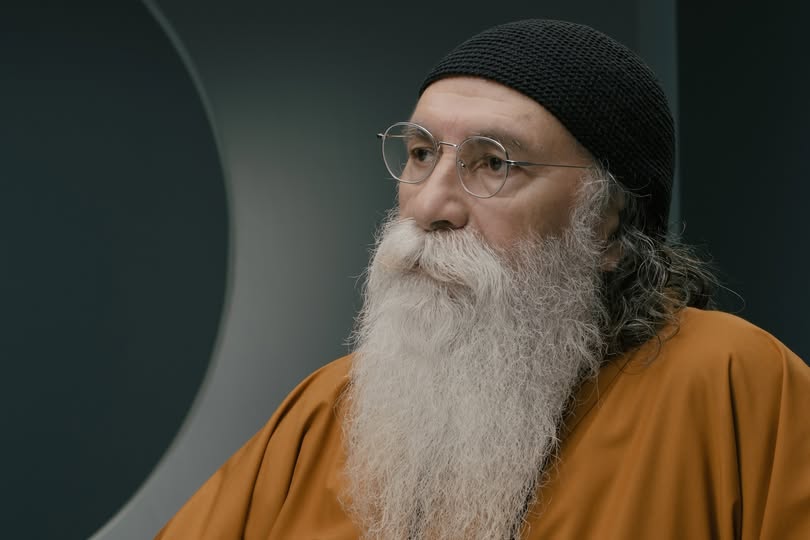“We live in a time when public scrutiny has become increasingly voracious. On social media and in everyday conversations, a persistent tendency is evident: observing the mistakes of others with exaggerated attention. Behaviors are analyzed, faults are recorded, and flaws are disseminated as if exposing others’ shortcomings contributes to the common good. But what often lies behind this habit is not a sincere desire to correct or help, but rather an unresolved need within the critic. There are hidden motives that, when recognized, allow us not only to understand what is happening, but also to choose another path.
The first of these motives is the desire to find something that can be condemned. Some people do not approach others to discover what is valuable, admirable, or worthy of celebration. They do so to detect flaws, as if that justified their own detachment or indifference. This way of looking at things is marked by a mistrust that prevents us from enjoying what is good. It is like sitting at a beautiful table and searching among the dishes for leftovers to criticize. But living like this impoverishes the soul. Learning to focus our attention on what builds us up not only transforms our relationships, but also our inner experience. It is about training our gaze to see what deserves to be cared for.
The second reason is more difficult to recognize: the pleasure that indignation brings. Sometimes, judging others harshly allows us to release tensions that we do not know how to channel in any other way. That accumulated anger—which may come from old wounds, frustrations, or feelings of injustice—finds an excuse in the other person. Then sarcasm, cruel irony, and relentless criticism disguised as virtue appear. But what appears to be courage is often just a way of escaping our own pain by projecting it onto someone else. Instead of offering comfort, we make accusations. Instead of accompanying, we condemn. Recognizing this mechanism does not condemn us: it frees us. It allows us to stop being prisoners of sterile anger and start building more humane bonds.
The third reason has to do with ego. By publicly pointing out the mistakes of others, some people seek to feel superior. It is a subtle way of saying, “I would not have made that mistake.” This constant comparison, however, does not strengthen character. It only disguises it. True growth does not come from belittling others, but from honestly facing one’s own flaws and overcoming them with humility.
Maturity begins when we stop seeking validation in the downfall of others and start building from our own responsibility. These ways of looking at things—accusing, venting anger, and exalting oneself—impoverish human relationships and fuel a culture of contempt.
But there is an alternative, and it is available to anyone who wants to live with more dignity: train your gaze to discover what deserves to be affirmed. It is not about denying mistakes, but about deciding what to do with them. We can correct without humiliating, accompany without exposing, point out without destroying. Because looking with respect is also a way of loving.
Today more than ever, we need people who build. Who choose to remain silent when speaking would only cause harm. Who know how to see fragility without taking advantage of it. Who find joy in the progress of others, not in their downfall. True strength is not measured by the amount of criticism one can deliver, but by the ability to support others without crushing them. And that strength is in each of us, waiting to be chosen.
Prabhuji




